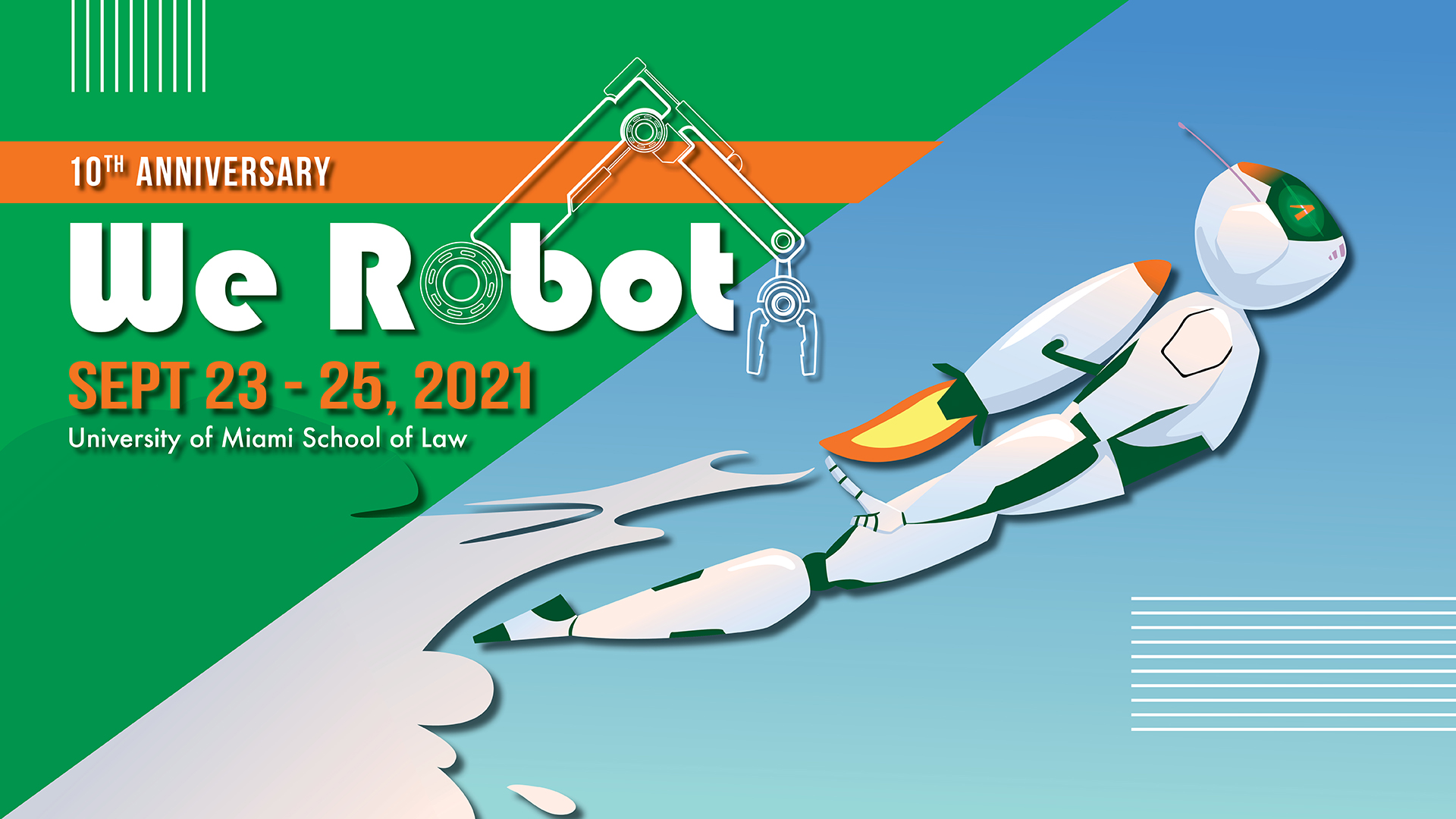
Annie Brett
Annie Brett will present her paper, Robots in the Ocean, on Friday, September 24th at #werobot 2021. Edward Tunstel will lead the 1:45pm – 3:15pm panel on Field Robotics.
Academics (and particularly legal academics) have not paid much attention to robots in the ocean. The small amount of existing work is focused on relatively narrow questions, from whether robots qualify as vessels under the Law of the Sea to whether robotic telepresence can be used to establish a salvage claim on shipwrecks.
This paper looks at how two major robotic advances are creating fundamental challenges for current ocean governance frameworks. The first is a proliferation in robots actively altering ocean conditions through both exploitative alteration, such as deep sea mining, and alteration with conservation goals, such as waste removal. This is best illustrated by The Ocean Cleanup, who defied warnings from scientists in deploying an ocean waste capture prototype that became irreparable merely six months into its voyage. The second is in observational robots that are being used, primarily by scientific and defense entities, to further understand of ocean ecosystems and human activities in them.

Edward Tunstel (moderator)
Annie Brett focuses on the regulatory grey area of international law implicated by robots with the capacity to actively alter ocean conditions. She also focuses on analogues in terrestrial environmental law and climate geoengineering literature to propose a mechanism for regulating robotic interventions in the ocean. Specifically, she argues for a modified form of environmental impact review that attempts to strike a balance between allowing innovation in ocean robots and providing a measure of oversight for interventions that have the potential to permanently alter ocean ecosystems.
